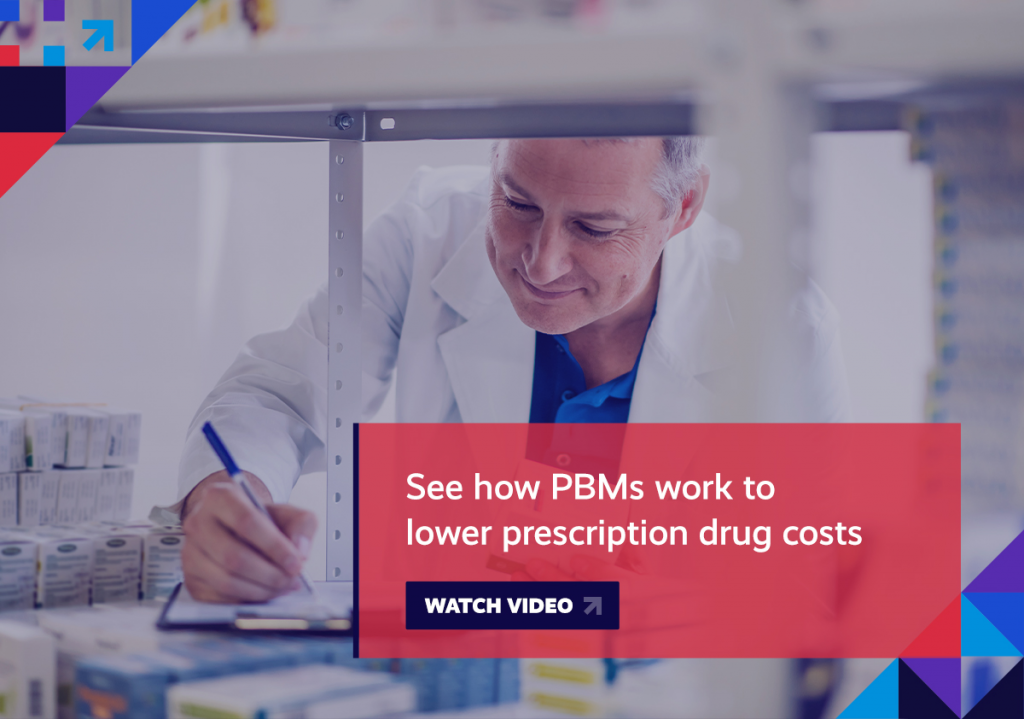The first set of proposed regulations targeting surprise medical bills gets released; faster-than-inflation Rx price hikes cost Medicare billions; healthcare spending experiences a COVID rebound; and, a new campaign aimed at kidney care is launched.
Week in Review
Surprise Medical Billing Proposed Rules: Last week, the Department of Health and Human Services (HHS) released proposed regulations targeting surprise medical bills. As a reminder, surprise medical bills are what happens when patients – through no fault of their own – receive medical services from out-of-network providers, often at in-network facilities. These services can include emergency care or other medical attention administered by specialists, such as anesthesiologists or radiographers. Other examples include emergency ambulance rides, which, according to the data, can result in surprise medical bills more than half the time. Additionally, new research shows that nearly one-in-five childbirths are also highly susceptible to surprise medical bills. The newly-issued regulations from HHS seek to codify the “No Surprises Act”, passed by Congress late last year. Having now issued those rules, the clock begins on a 60-day public comment period, before those rules are finalized and implemented next January. In the meantime, experts anticipate likely tension between providers and patients as the regulations are operationalized.
Rx Price Hikes Cost Medicare: A new report was released last month detailing how drug price increases are exceeding the rate of inflation and costing the Medicare Part D prescription drug program billions of dollars in additional spending. Compiled by AARP, the report shows that the Part D program spent $77 billion on the top-50 best-selling drugs in 2019. Had the cost of those drugs been limited to grow at the rate of inflation, the bill to Medicare would’ve been more than $16 billion less at around $60.5 billion. In fact, between 2015 and 2019, using those some guidelines, taxpayers wound up paying an additional $38 billion as a result of the pharmaceutical industry’s price hikes.
Healthcare Spending Rebounds: Despite not having yet emerged from the pandemic’s shadow, healthcare spending has already shown signs of rebounding. According to the latest Health Sector Economic Indicators brief from Altarum, while the price of healthcare has begun to stabilize after months of rampant pandemic growth, utilization and personal healthcare spending are both on the upswing. Digging further into the spending data, hospitals and physician services retained their spot atop the list, claiming the highest year-over-year price growth at 3.6 percent and 3.1 percent, respectively. As pandemic conditions allow for a return to more recognizable levels of healthcare utilization, the trend in spending – in combination with persistently high prices – has experts worried about the additional strain on government budgets and personal finances.
Innovate Kidney Care Campaign Launch: A coalition of vested healthcare stakeholders launched a new campaign late last month aimed at shining a light on innovations in the kidney care space. Joining forces with the National Kidney Foundation, the founding members of Innovate Kidney Care include CVS Health, Anthem, and Intermountain Healthcare, as well as a handful of other organizations, who, collectively, will push for regulatory changes to open up access to patients for home dialysis. Approximately 37 million Americans are currently affected by kidney disease, with some 550,000 annually on dialysis. Traditional in-clinic dialysis is both physically and emotionally demanding, placing significant burdens on patients with kidney failure. However, advances in home dialysis have made this a safe and effective option. Unfortunately, these home options continue to be underutilized, with existing federal regulations making it nearly impossible for patients to access dialysis at home. Innovate Kidney Care is focused on removing barriers to home treatment for patients with kidney disease, including alleviating burdensome administrative tasks, expanding training and support, clarifying guidance, and updating outdated regulatory restrictions.

| You can keep up with the latest by following the Health Action Network on Twitter and by liking us on Facebook. And, be sure to check us out on LinkedIn, too. As always, let us know if there’s something you’d like to see covered in a future newsletter. |
